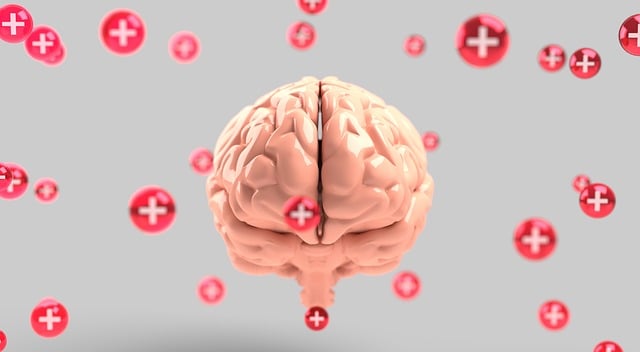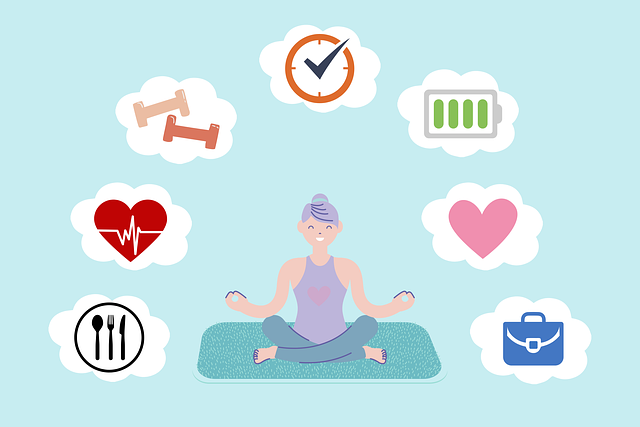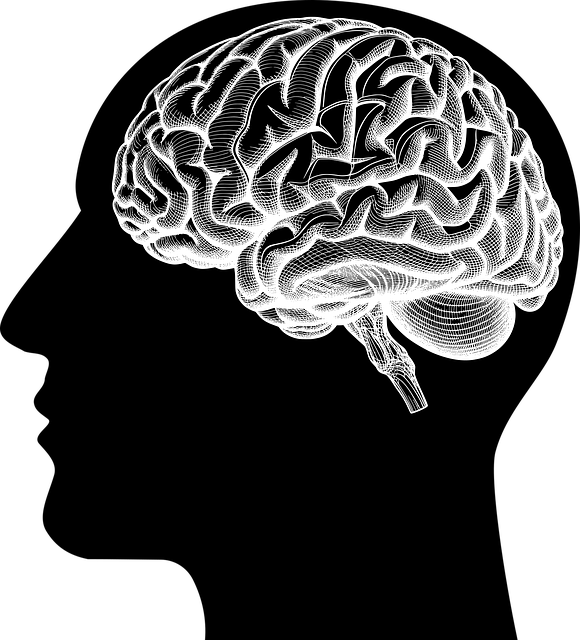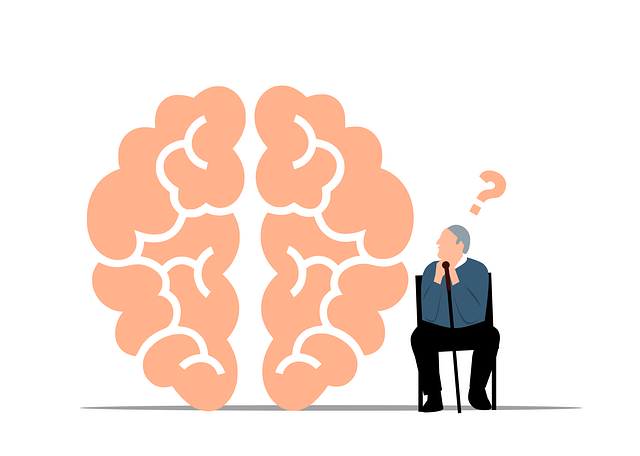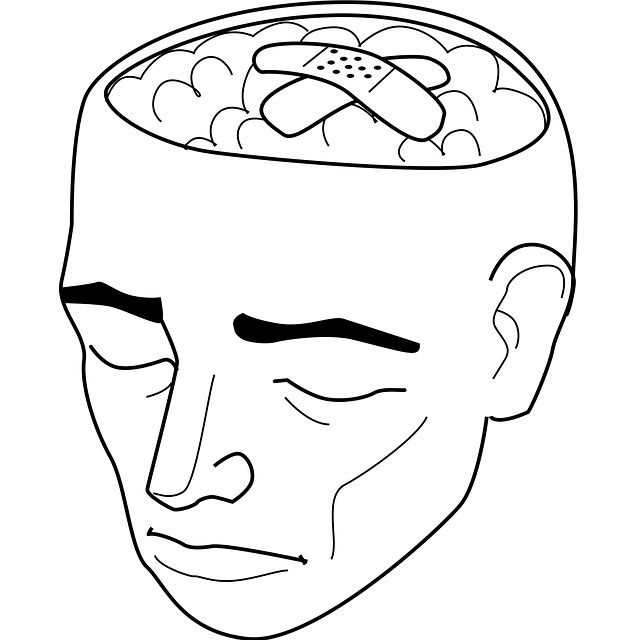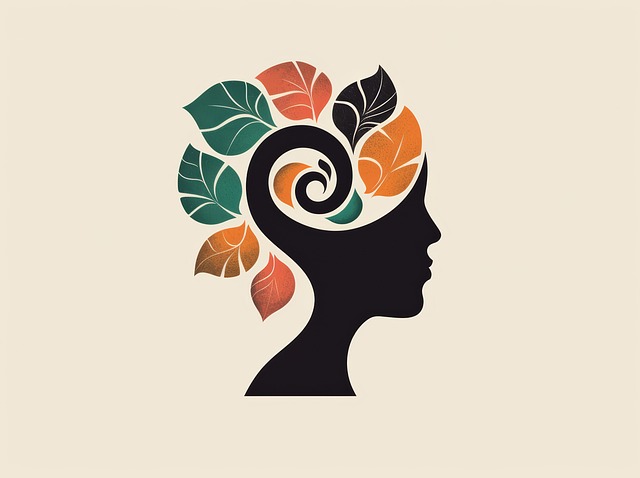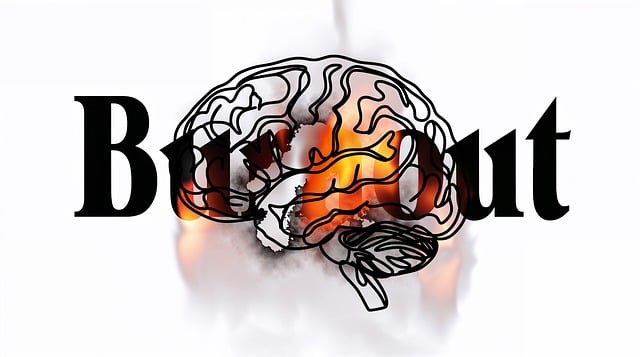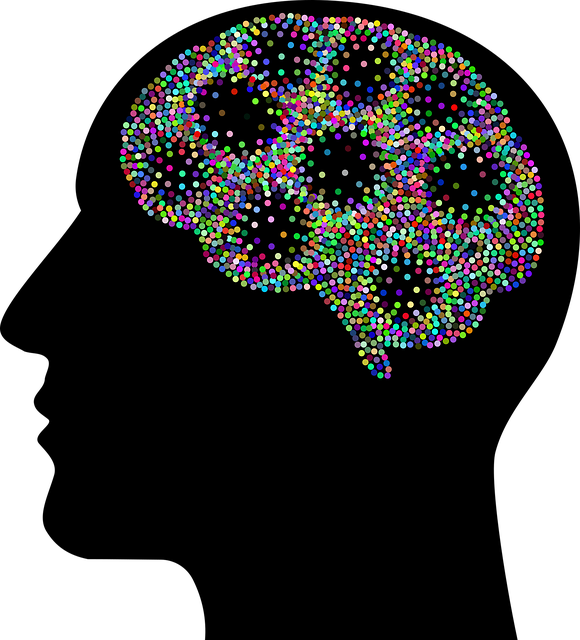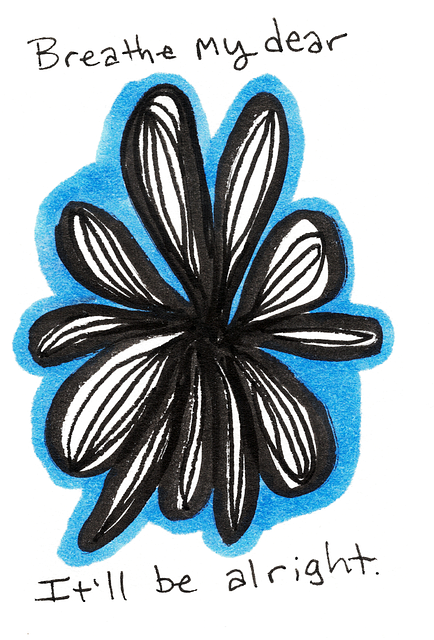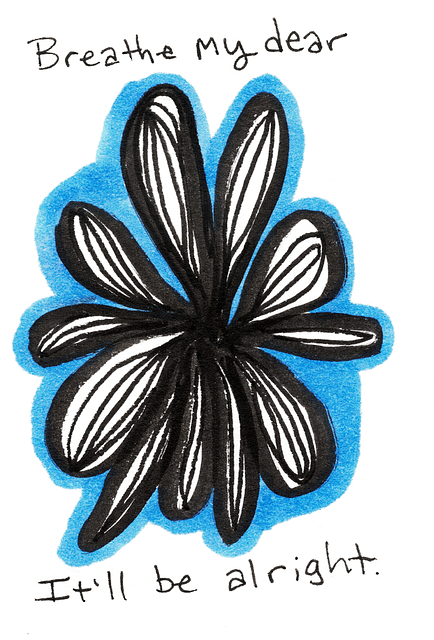Self-care is a vital tool for managing post-traumatic stress disorder (PTSD), especially with specialized support from Wheat Ridge Post-Traumatic Stress Disorder Therapy. Integrating routines like exercise, mindfulness, and quality sleep through Cultural Sensitivity in Mental Healthcare can transform coping mechanisms, reduce stress, and enhance mental health outcomes. With tailored workshops, support groups, and professional therapy, individuals gain strategies to overcome barriers and incorporate self-care into daily lives, significantly aiding PTSD management.
In today’s fast-paced world, prioritizing self-care is more crucial than ever for maintaining overall well-being. This article explores the essential practices of self-care and provides a comprehensive guide to enhancing your daily routines. We delve into the foundational understanding of self-care, offering practical strategies for a healthier lifestyle. Additionally, we discuss overcoming barriers to self-care integration, highlighting the role of Wheat Ridge Post-Traumatic Stress Disorder Therapy in fostering a holistic approach, ensuring readers can navigate their well-being journey effectively.
- Understanding Self-Care: The Foundation of Well-being
- Strategies for Enhancing Self-Care Practices
- Overcoming Barriers: Integrating Self-Care in Daily Life with Wheat Ridge Post-Traumatic Stress Disorder Therapy
Understanding Self-Care: The Foundation of Well-being

Understanding self-care is the foundation for cultivating well-being and resilience, especially when navigating challenging life experiences or managing conditions such as Wheat Ridge Post-Traumatic Stress Disorder Therapy (PTSD). It involves intentional actions and practices that nurture both mental and physical health, allowing individuals to regain a sense of balance and control. Self-care isn’t just about treating oneself; it’s about creating a lifestyle that promotes healing and overall happiness.
In the context of Depression Prevention, integrating effective self-care practices can be transformative. This includes activities like regular exercise, mindfulness meditation, maintaining a balanced diet, and ensuring adequate sleep. Cultural Sensitivity in Mental Healthcare Practice also plays a significant role, as tailored approaches recognizing diverse backgrounds can enhance the benefits of self-care. By prioritizing these practices, individuals can strengthen their coping mechanisms, reduce stress, and improve overall mental health outcomes.
Strategies for Enhancing Self-Care Practices

Self-care is a vital aspect of maintaining mental health and overall well-being, especially for individuals dealing with post-traumatic stress disorder (PTSD). Enhancing self-care practices can significantly support healing and recovery. One effective strategy involves incorporating structured routines into daily life. This could include dedicated time for exercise, mindfulness practices such as meditation or deep breathing exercises, and consistent sleep patterns. A balanced diet and regular engagement in enjoyable hobbies are also essential components of self-care that contribute to a healthier lifestyle.
Wheat Ridge offers various resources for those seeking to improve their self-care routines. The community outreach program implementation includes workshops and support groups focused on stress management, resilience building, and self-awareness exercises tailored to individuals’ needs. These initiatives aim to empower people with the tools to prioritize self-care, fostering a sense of agency and well-being. By combining professional therapy for PTSD with these self-care strategies, individuals can navigate their healing journey more effectively.
Overcoming Barriers: Integrating Self-Care in Daily Life with Wheat Ridge Post-Traumatic Stress Disorder Therapy

Many individuals struggling with post-traumatic stress disorder (PTSD) often find it challenging to incorporate self-care practices into their daily routines. Wheat Ridge Post-Traumatic Stress Disorder Therapy recognizes this hurdle and offers strategies to overcome these barriers. The journey towards healing involves understanding that self-care is not a luxury but a vital tool for managing symptoms and improving overall well-being.
By integrating mindfulness techniques, positive thinking, and the application of mind over matter principles, clients can develop a more profound connection with themselves. These practices foster mental health awareness, enabling individuals to recognize and address their emotional needs effectively. With consistent effort, incorporating self-care becomes an accessible part of daily life, leading to significant progress in managing PTSD symptoms.
Self-care is a transformative journey, and with the right strategies and support, it becomes an integral part of our daily lives. As seen through Wheat Ridge Post-Traumatic Stress Disorder Therapy’s lens, overcoming barriers to self-care is achievable. By understanding its foundation and implementing enhanced practices, individuals can navigate their well-being effectively. This holistic approach ensures that self-care isn’t just a trend but a lasting commitment to a happier, healthier existence.
